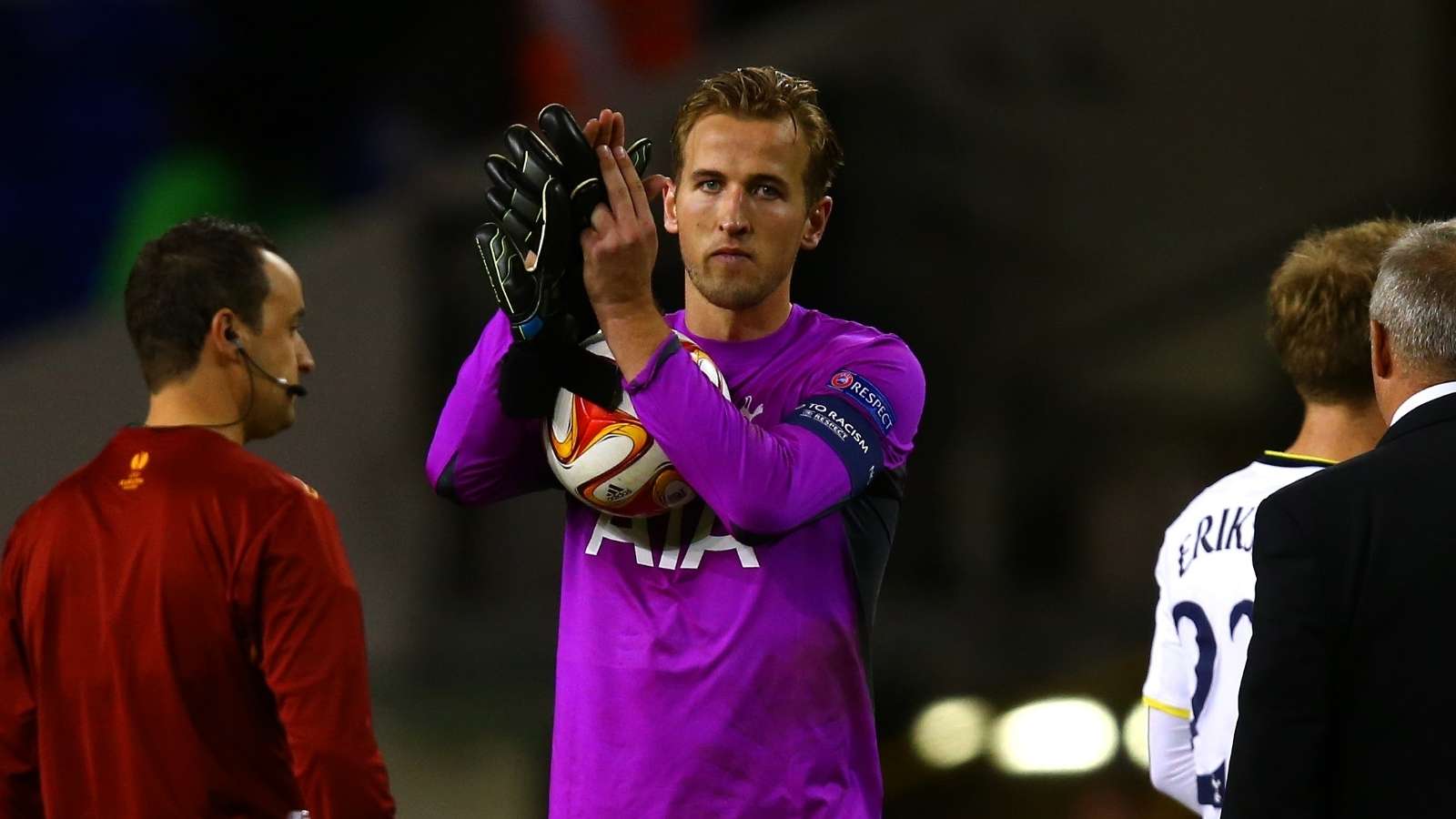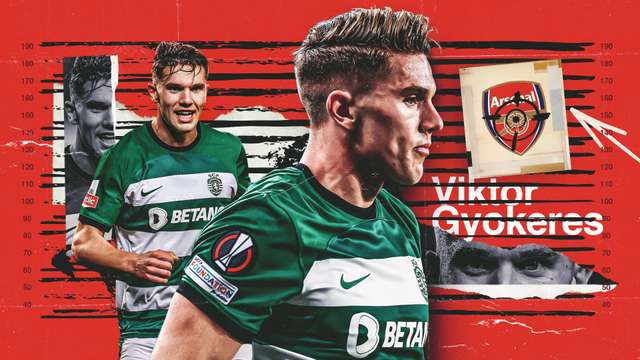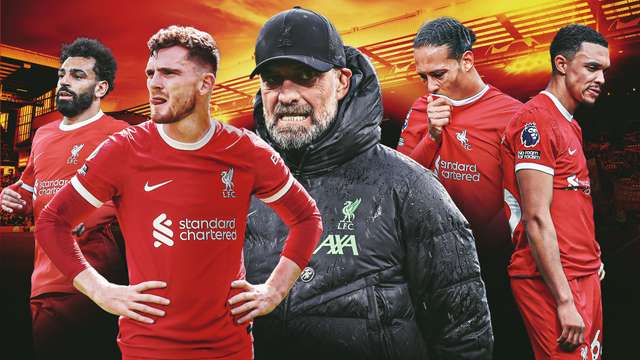Injuries, suspensions and all-around bad luck can cause a team to suddenly find themselves with no available goalkeepers to field – sometimes in the middle of a game, like if their first-choice shot-stopper got sent off and there's nobody else to replace them on the bench.
So what do clubs do if they have no alternate goalkeepers? GOAL takes a look.
Do teams always have to field a goalkeeper?
Yes, teams must always field a goalkeeper.
What happens if all the goalkeepers are injured?
If a squad's goalkeepers are all injured and unable to play, the coach must still select an eligible player to play as the designated goalkeeper.
It is forbidden to field teams without a designated goalkeeper (not to mention the opposition team benefitting massively from a lack of one). So even if a club whose regular goalkeepers are all injured and unable to play, someone else – be it a defender or midfielder – must be selected to play in their stead.
Managers can decide how many midfielders, defenders or forwards they want to field at a time – each coach has their own set of preferred tactics of how best to approach a game while still keeping their formation balanced – but a goalkeeper must always be fielded.
For instance, when Comoros faced a goalkeeping crisis ahead of their Afcon 2021 last-16 tie against Cameroon, they were forced to call on left-back Chakar Alhadur to play in goal.
First-choice Salim Ben Boina was injured and backups Moyadh Ousseini and Ali Ahamada were ruled out with Covid-19.
What happens when a goalkeeper is sent off?
In the event that a goalkeeper is sent off and the team is down to 10 players, a change can be made and a substitute goalkeeper can be called upon.
But if a team has made all of their maximum possible substitute changes – for example, they have already named three substitutes – then the manager must select an outfield player currently on the pitch to serve as stand-in goalkeeper.
Any outfield player (meaning every player who is on the pitch and not playing as a goalkeeper) is allowed to be named as stand-in goalkeeper.
This means that a defender, midfielder, or even striker, can fill in as temporary goalkeeper.
According to section 3.4 of the IFAB (International Football Association Board):
Any of the players may change places with the goalkeeper if:
- the referee is informed before the change is made
- the change is made during a stoppage in play
Outfield players who have played in goal
There have been several instances where outfield players – such as Harry Kane and Kyle Walker – were forced to fill in on goalkeeping duty due to their goalkeeper being sent off or leaving the pitch injured, and the side unable to make any further substitutes.
Kane filled in for Hugo Lloris during a 2014 Europa League match against Greek side Asteras Tripoli in the 87th minute. Kane did concede a penalty, but the match ended 5-1 in Tottenham's favour.
Walker was similarly drafted in to play behind the goal posts in a 2019 Champions League match against Atalanta, where after Ederson was substituted during half-time due to injury and replacement 'keeper Claudio Bravo being sent off in the 81st minute. Walker was selected to play in goal for the remainder of the match, successfully keeping a clean sheet.




